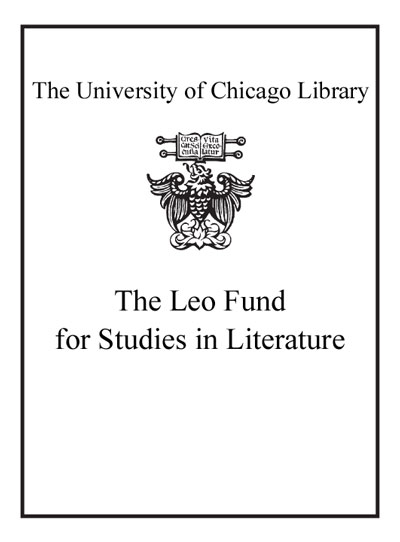Review by Booklist Review
A major voice of the twentieth-century West, the late Nobel laureate may have written in Polish and resided in America, but he was a Lithuanian patriot all along. Many poems are datelined Warsaw, Paris, and Berkeley, but the first four are from Wilno. The Lithuanian capital, heinously decimated of its Jews by the Nazis and its native gentiles by Stalin, and even more the countryside of Milosz's childhood, are the poems' recurrent settings; generations of family members are the persons featured in them. A modernist, Milosz eschews formal verse, metaphor, and lyric effusion. One of his masters seems to be Whitman; he often uses a long, projective line and assumes a kind of dialogue with himself as the representative of his people; but he lacks Whitman's vaunting and mysticism, however, and prefers single-sentence lines to run-ons and enjambment. He can be a chore to read in the long sequences in verse and documentary prose of his middle period. His earlier poems are prophetically sharp and pungent; the latest ones are gently, sadly, warily wise. --Ray Olson Copyright 2006 Booklist
From Booklist, Copyright (c) American Library Association. Used with permission.
Review by Publisher's Weekly Review
The Lithuanian-born Milosz (1911- 2004) became a leader among Polish-language modernists in the 1930s, then witnessed the Nazi destruction of Warsaw. His epochal early poetry described the horrors of war and the enduring power of joy: "I have seen the fall of States and the perdition of tribes," one 1943 poem says. "Love means to look at yourself/ The way one looks at distant things," advises his much-loved sequence from the same year, "The World." The postwar Milosz became a Polish diplomat, then rejected Soviet communism and sought political asylum; he taught at Berkeley till the end of the Cold War and returned to Poland in his last years. In decades of pellucid verse (and lyrical prose, also included), Milosz viewed at once the beauty of single moments and the sweep of civilization and barbarism over centuries: a stubborn defender of human decency and of liberal hopes, he saw, as few have, how "what could not be taken away,/ is taken. People, countrysides./ And the heart does not die when one thinks it should." Translated by many hands, but principally by former U.S. poet laureate Robert Hass, the verse carries over into English not only its sentiments, but much of its music, too: this first posthumous selection (New & Collected Poems appeared in 2001) should renew national attention to a poet of international significance. (Apr.) (c) Copyright PWxyz, LLC. All rights reserved
(c) Copyright PWxyz, LLC. All rights reserved
Review by Booklist Review
Review by Publisher's Weekly Review

